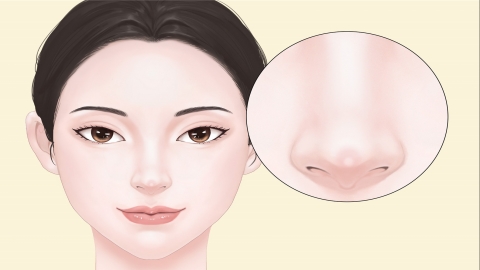Is it okay to sneeze after undergoing rhinoplasty?
Generally speaking, rhinoplasty refers to nasal augmentation surgery. This procedure primarily involves injecting the nose with autologous or allogeneic tissue, or tissue substitutes to elevate the external nose and improve its shape. The general reference price for rhinoplasty ranges from 5,000 to 15,000 yuan per session. Noticeable improvement is typically seen after 2-3 months, although symptoms such as bleeding or hematoma may occur. Whether sneezing after rhinoplasty is problematic depends on the specific circumstances. If it occurs early after surgery, there may be concerns. However, if sufficient time has passed since the surgery, sneezing generally does not pose a problem. Detailed explanations are as follows:

If sneezing occurs early after rhinoplasty, especially when the wound has not yet healed and the nasal tissues are still fragile, it may cause complications. Sneezing generates sudden force that may displace the implant due to vibration, affecting the surgical outcome. Frequent sneezing shortly after surgery may also increase the risk of infection.
If a significant amount of time has passed since the rhinoplasty and the nasal tissues have largely healed, the nasal structure will generally be relatively stable and able to withstand the mild force caused by sneezing. In this case, occasional sneezing usually does not pose a significant problem.
It is recommended to visit a reputable hospital and undergo rhinoplasty under the guidance of a qualified physician to ensure the effectiveness and safety of the procedure. Postoperative care should include keeping the wound clean and dry, avoiding trauma or pressure to the nose, strictly following medical advice regarding medication and follow-up visits, maintaining a light diet, protecting the skin from sun exposure, and avoiding strenuous physical activity.





